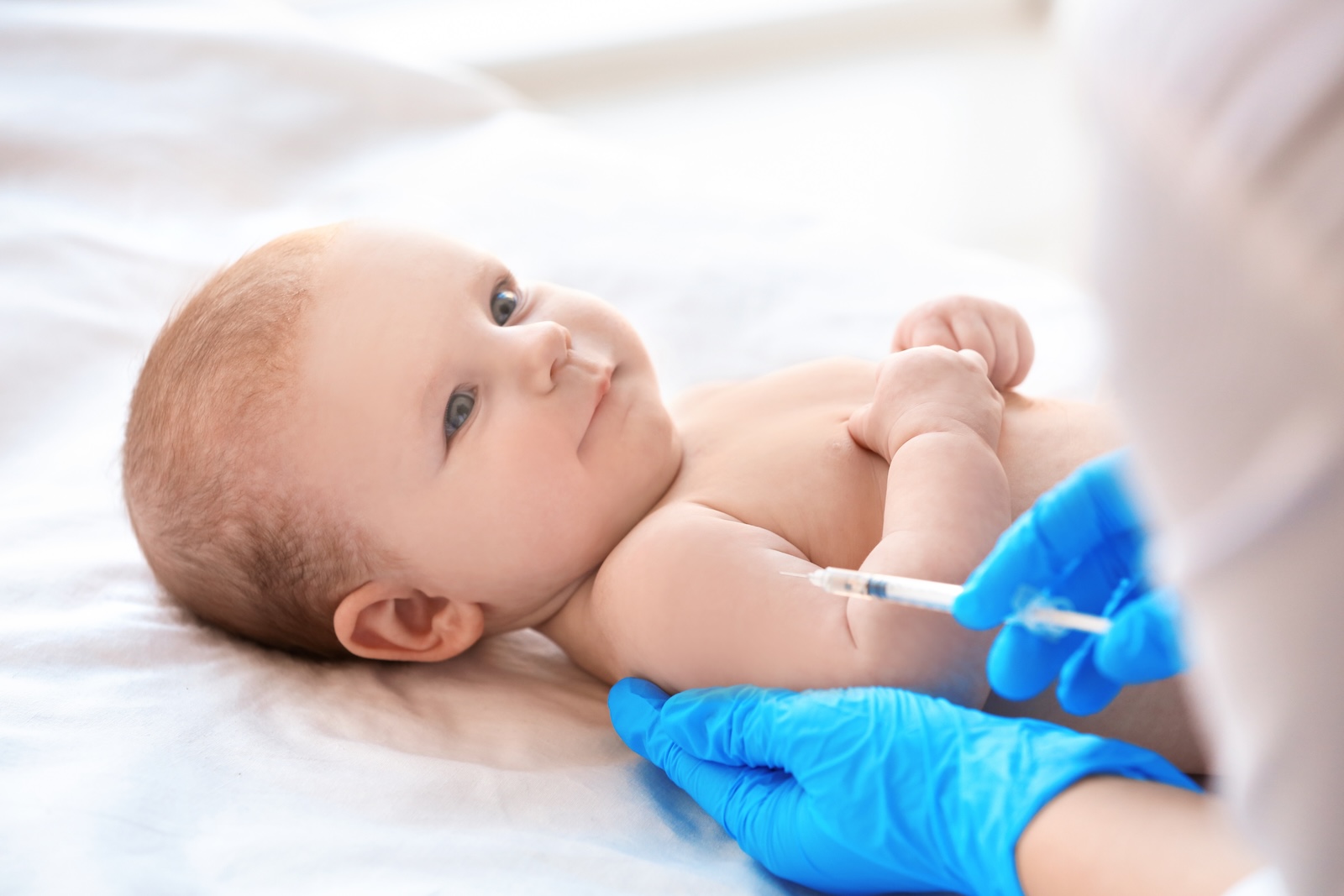Let’s talk about our kids’ skincare. Though you might think it’s mostly a cosmetic issue, proper skincare is actually an essential part of our overall health and well-being, at any age. So help clear up the issue, we spoke with Ocean Pediatrics’ own Dr. Dylan Ochal — skincare enthusiast and one of the best Orange County pediatricians you’ll care to meet — for her insights on all things skin!
Q: What age should kids begin a skincare routine? How should they start?
A: Skincare can start from infancy! Using gentle fragrance-free soaps, moisturizing, and regularly applying sunscreen after 6 months of age are all critical. Once kids are old enough to practice brushing their teeth, they’re old enough to start practicing applying sunblock in the morning and moisturizer at night (with mom and dad’s help of course).
Q: What common mistakes do parents make with their child’s skincare and teens with their own skincare?
A: Overdoing it — when children are young, less is more! You don’t need harsh or heavily scented soaps or lotions. Also over-exfoliating, your skin’s natural barrier should be supported, not stripped away. Harsh physical exfoliators should be avoided at all costs. Another common mistake is sunscreen application. You need a dime-sized dollop for a child’s face, and about an ounce for a child’s body. Don’t forget to reapply at least every 2 hours and after swimming. With teens a common skincare issue is consistency. It’s hard to be consistent with a skincare product, especially if results aren’t immediate. But consistency is key!
Q: What basic skincare regimen do you recommend for kids? Tweens? Teens?
A: For kids and tweens, a gentle cleanser at night to remove dirt/sunscreen/etc. and a fragrance-free moisturizer as needed for dry skin is really all you need. Oh and sunscreen. Have I mentioned sunscreen enough yet? Broad spectrum SPF 30 or higher. I tend to prefer creams over sprays or powders because you get better sun protection. For teens the regimen is the same, but you can layer on other serums or topical treatments to target common skin problems that occur during puberty.
Q: What role do hormones play in tween/teen skincare?
A: Tweens and teens entering puberty start to produce more oily sebum in their skin, which can create a breeding ground for bacteria and block pores — both of which contribute to acne. The key to treating acne is twofold: you want to target bacteria, and you want to help with skin cell turnover to prevent blocked pores. The most common and effective product for fighting bacteria is benzoyl peroxide. This comes in both cleanser form, or as a topical cream. For the cleanser make sure you lather and then WAIT to rinse (30 seconds for face and 2 minutes for body). Adapalene is a great over the counter topical medication that helps with cell turnover. Both of these ingredients can be drying at first, so it’s important to start slowly. Once a week with each, and then build up tolerance. And it’s always ok to moisturize, even if you have oily or acne-prone skin! Just use a light, water-based moisturizer.
Q: How can teens support their best skincare naturally? What lifestyle choices do you recommend?
A: Sunscreen. Sunscreen. Sunscreen! I know, I sound like a broken record, but that’s how important it is! Protecting your skin from harmful UV rays prevents DNA damage, skin cancer, and sun-related premature aging. You can also support healthy skin from the inside out, staying hydrated is critical for skin density and elasticity. Micronutrients such as B vitamins, zinc, and Vitamin A are all important as well, but that doesn’t mean your teen needs a multivitamin necessarily; these micronutrients are all present in foods commonly found in a healthy balanced diet.
Q: Young people (and even kids) using anti-aging products has been a controversial topic lately. Can you share your opinion?
A: At the end of the day these products have not been tested for safety in children, so I would steer clear. Children are not just small adults, and these products are designed and tested for adults. Anti-aging products can have powerful ingredients that can cause irritation, allergic reactions, or other side effects in children.
Q: Kids and makeup? What’s your take?
A: Makeup products are also not typically designed for kids, though given that most makeup is applied topically and doesn’t contain active ingredients it is most likely safe. However, I would discourage any lip or eyelid makeup to avoid ingestion or eye irritation. From a developmental standpoint, I think framing makeup the way you do with costumes or dress-up play is fine! Have fun, use your imagination, but not for everyday use until a joint decision is made between parent and child that they are developmentally ready.
Q: What products or medications do you recommend kids and teens stay away from?
A: Retinol or other products targeting anti-aging. Not only are they unnecessary (your teen has more than enough collagen I promise!), but kids delving into the beauty industry and focusing on skin appearance instead of skin health at such a young age can be damaging.
Q: Hormonal contraceptives are sometimes prescribed to improve hormonal acne for teen girls. Can you share your thoughts on this?
A: Hormonal contraceptives can be a safe and effective option to help treat acne.I typically recommend starting with topical treatments, but if those are ineffective there are many systemic treatments, including hormonal contraceptives, that can be a valuable tool. Always discuss with your pediatrician or dermatologist before starting any oral or systemic treatment for acne.
Q: Do you have any tips for parents on how they can support their tween/teen through skin insecurities?
A: It’s always a good rule of thumb to focus on your child as a person as a whole — positively reinforce all of their amazing qualities. But empathy is critical as well. If your teen complains about their skin, telling them “Your skin is fine” or “You look great, don’t worry!” can seem dismissive. Empathizing allows your child to feel heard and provide much needed support during a difficult emotional period. “I hear you, I feel insecure about my appearance sometimes too, and it can feel so crummy! I’m always here to talk. What can I do to help?”
Q: When should tweens/teens see their pediatrician and when should they see a dermatologist about their skin?
A: Any sudden change to skin (new rash, mole changing in size or color) should be evaluated by your pediatrician or dermatologist. For acne, if over the counter topical treatments aren’t helping, seek out help from your doctor as well!
We hope you’ve enjoyed our skincare Q&A with Dr. Dylan. If you have any more questions, or would like to schedule an appointment at any of our Orange County locations, contact us today!






